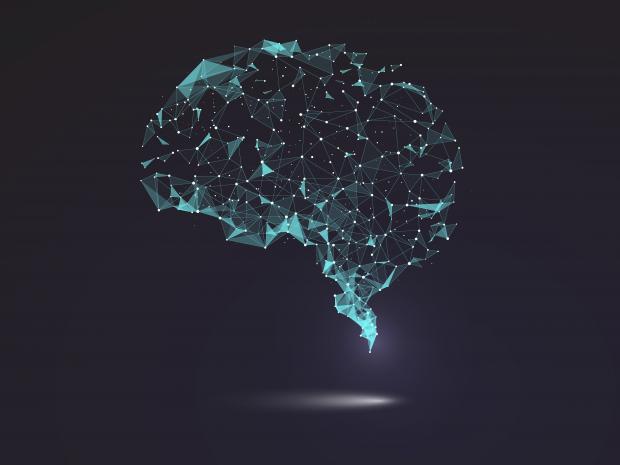Research challenges in using computer vision in robotics systems

Part of the Special ECE Seminar Series
Modern Artificial Intelligence
Title:
Research challenges in using computer vision in robotics systems
Speaker:
Martial Hebert, Carnegie Mellon University
Abstract:
The past decade has seen a remarkable increase in the level of performance of computer vision techniques, including with the introduction of effective deep learning techniques. Much of this progress is in the form of rapidly increasing performance on standard, curated datasets. However, translating these results into operational vision systems for robotics applications remains a formidable challenge. This talk with explore some of the fundamental questions at the boundary between computer vision and robotics that need to be addressed. This includes introspection/self-awareness of performance, anytime algorithms for computer vision, multi-hypothesis generation, rapid learning and adaptation. The discussion will be illustrated by examples from autonomous air and ground robots.
Bio:
 Martial Hebert is a Professor of Robotics at Carnegie-Mellon University and Director of the Robotics Institute. His research interests include computer vision and robotics, especially recognition in images and video data, model building and object recognition from 3D data, and perception for mobile robots and for intelligent vehicles. His group has developed approaches for object recognition and scene analysis in images, 3D point clouds, and video sequences. In the area of machine perception for robotics, his group has developed techniques for people detection, tracking, and prediction, and for understanding the environment of ground vehicles from sensor data. He currently serves as Editor-in-Chief of the International Journal of Computer Vision.
Martial Hebert is a Professor of Robotics at Carnegie-Mellon University and Director of the Robotics Institute. His research interests include computer vision and robotics, especially recognition in images and video data, model building and object recognition from 3D data, and perception for mobile robots and for intelligent vehicles. His group has developed approaches for object recognition and scene analysis in images, 3D point clouds, and video sequences. In the area of machine perception for robotics, his group has developed techniques for people detection, tracking, and prediction, and for understanding the environment of ground vehicles from sensor data. He currently serves as Editor-in-Chief of the International Journal of Computer Vision.

